What you need to know about buying a helicopter, When purchasing a helicopter, it is essential to be aware of the various types available in the market.
Helicopters can be categorized into light utility, executive, and heavy-lift types. Light utility helicopters are commonly used for aerial photography, sightseeing tours, and agricultural spraying.
Contents
These helicopters are characterized by their smaller size and lower payload capacity compared to other types.
In contrast, executive helicopters are designed for corporate and VIP transportation, featuring luxurious interiors and advanced avionics systems to cater to the needs of high-profile passengers.
Heavy-lift helicopters are utilized for tasks such as construction, firefighting, and search and rescue operations, boasting higher payload capacities and powerful engines to handle heavy loads.
When selecting a helicopter type, it is crucial to consider factors such as payload capacity, range, and operating costs.
Light utility helicopters are ideal for short-distance flights and tasks requiring agility and maneuverability.
Executive helicopters are suitable for longer-range flights, providing a comfortable and luxurious travel experience.
Heavy-lift helicopters are designed for heavy-duty tasks, capable of handling large payloads over long distances.
It is essential to carefully assess specific needs and intended use for the helicopter before making a decision.
Furthermore, the availability of spare parts and maintenance services for the chosen helicopter type should be considered, as this can impact the overall cost of ownership in the long run.
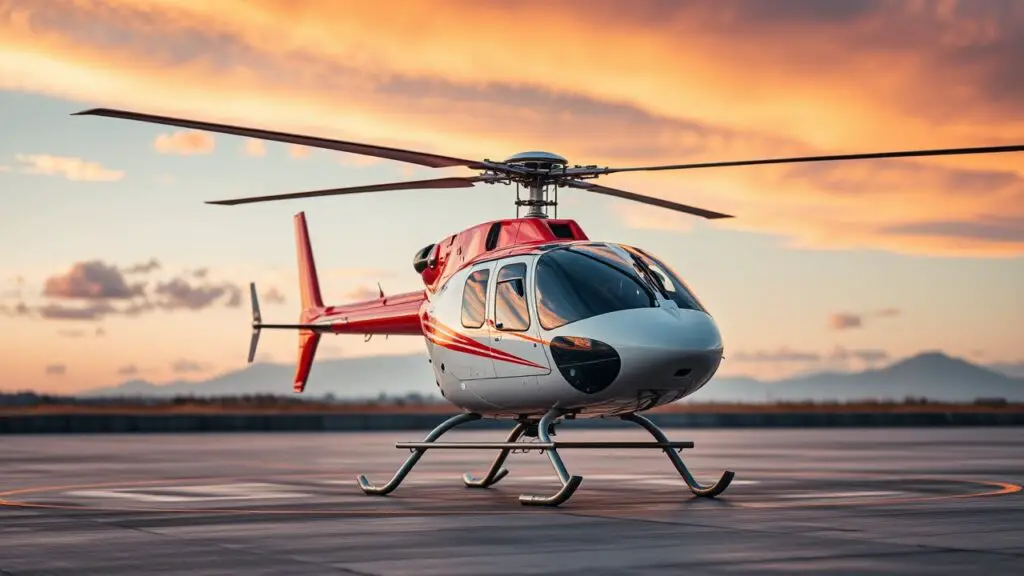
Considerations for Purchasing a Helicopter
Budget and Financing Options
One of the first things to consider is your budget and financing options. Helicopters can range in price from hundreds of thousands to millions of dollars. So it’s important to establish a realistic budget based on your financial situation.
Ongoing Costs of Helicopter Ownership
Additionally, you’ll need to consider the ongoing costs associated with helicopter ownership, such as fuel, insurance, maintenance, and hangar fees.
It’s important to factor in these expenses when determining the overall affordability of purchasing a helicopter.
Intended Use and Mission Requirements
Another important consideration when buying a helicopter is the intended use and mission requirements.
Different types of helicopters are designed for specific tasks, so it’s crucial to select a helicopter that aligns with your needs.
For example, if you plan to use the helicopter for corporate transportation, you’ll need an executive helicopter with a comfortable interior and advanced avionics systems.
On the other hand, if you plan to use the helicopter for heavy-lift operations, you’ll need a helicopter with a high payload capacity and powerful engines.
It’s important to carefully assess your mission requirements and ensure that the helicopter you choose is capable of meeting your needs.
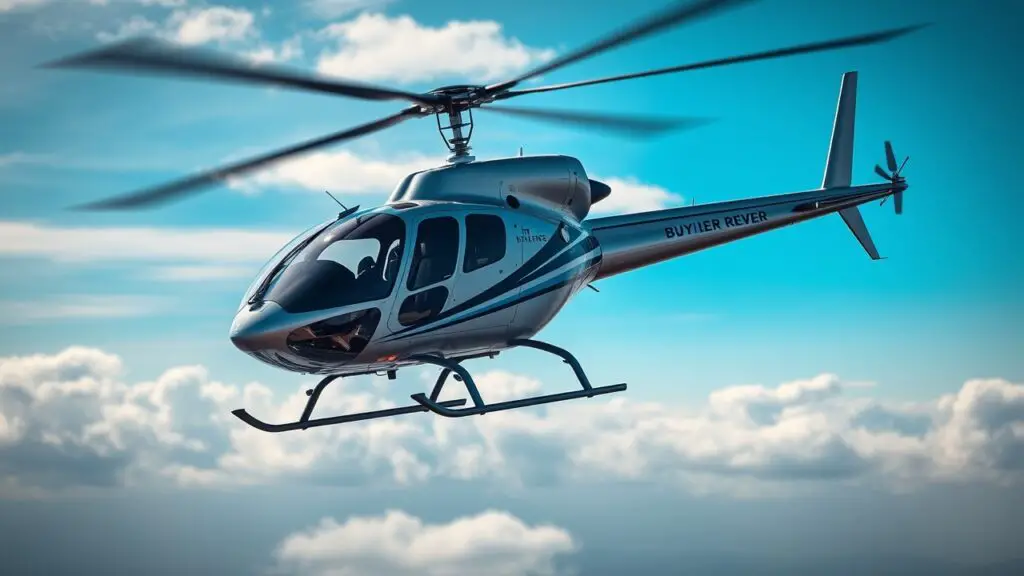
Costs and Expenses Associated with Helicopter Ownership
Owning a helicopter comes with a range of costs and expenses that need to be carefully considered before making a purchase. One of the most significant expenses associated with helicopter ownership is fuel.
Helicopters consume a considerable amount of fuel, especially during takeoff and landing, so it’s important to budget for ongoing fuel costs.
Additionally, maintenance and repair costs can be substantial, as helicopters require regular inspections, servicing, and replacement of parts to ensure safe and reliable operation.
It’s important to factor in these expenses when determining the overall affordability of owning a helicopter. Another significant cost associated with helicopter ownership is insurance.
Helicopter insurance can be expensive due to the high risks associated with rotary-wing aircraft.
Factors such as pilot experience, intended use, and geographic location can impact insurance premiums, so it’s important to obtain quotes from multiple insurance providers to find the best coverage at a competitive rate.
Additionally, hangar fees and storage costs should be considered when budgeting for helicopter ownership.
Hangar fees can vary depending on the size of the helicopter and the location of the hangar.
So it’s important to research local options and factor in these costs when determining the overall affordability of owning a helicopter.
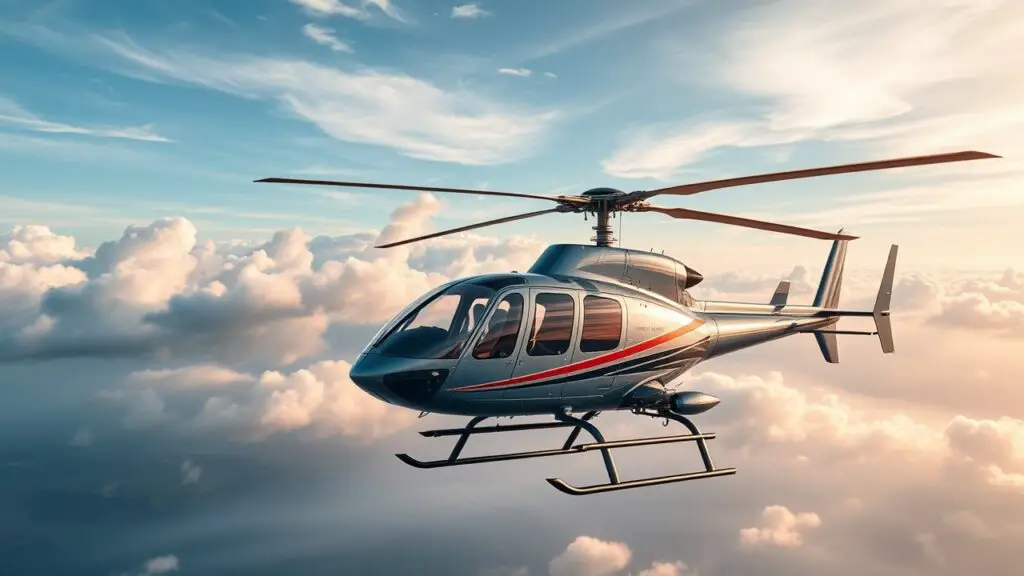
Maintenance and Upkeep of Helicopters
Maintaining a helicopter is essential for ensuring safe and reliable operation.
Helicopters require regular inspections, servicing, and maintenance to comply with regulatory requirements and manufacturer recommendations.
It’s important to establish a maintenance schedule and work with qualified technicians to keep the helicopter in optimal condition.
Regular maintenance can help prevent costly repairs and downtime, so it’s important to prioritize this aspect of helicopter ownership.
In addition to regular maintenance, helicopters require periodic overhauls and component replacements to ensure airworthiness.
Components such as engines, rotor blades, and avionics systems have a limited lifespan and need to be replaced at regular intervals.
It’s important to budget for these major maintenance events and plan for downtime while the helicopter is undergoing overhaul or repairs.
Additionally, it’s crucial to work with reputable maintenance providers who have experience working on the specific type of helicopter you own.
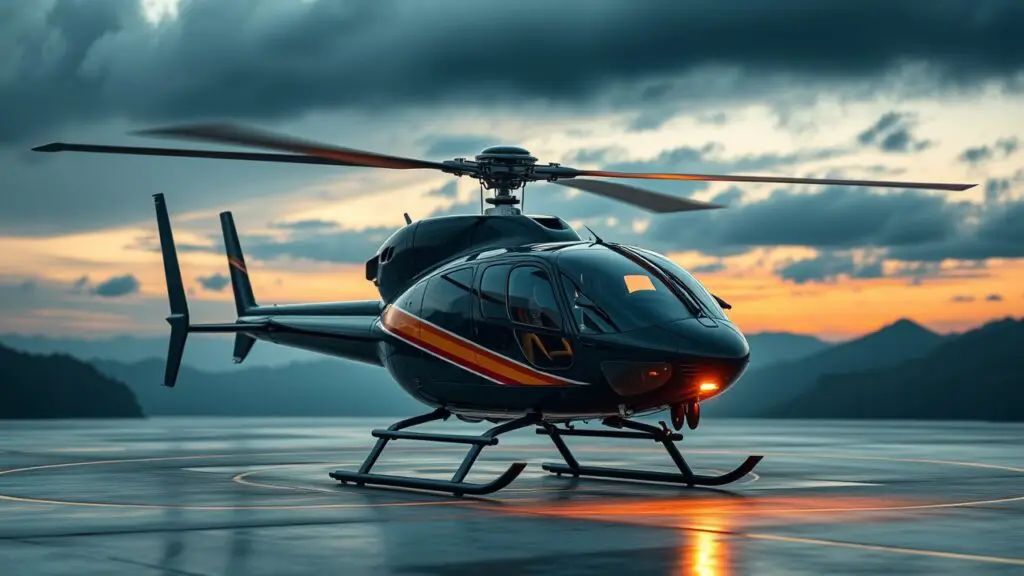
Licensing and Training Requirements for Helicopter Pilots
Operating a helicopter requires specialized training and licensing to ensure safe and competent operation.
Pilots must obtain a private or commercial helicopter pilot license from the relevant aviation authority before flying solo or carrying passengers.
The training process typically involves ground school instruction, flight training, and written and practical exams to demonstrate proficiency in operating a helicopter.
Additionally, pilots must undergo regular recurrent training and proficiency checks to maintain their license and stay current with regulatory requirements.
In addition to pilot licensing, specific endorsements may be required depending on the type of helicopter being operated.
For example, pilots may need an instrument rating or type rating for certain helicopters or avionics systems.
It’s important to understand the training and licensing requirements for the specific type of helicopter you plan to operate and ensure that you meet all regulatory requirements before taking to the skies.

Insurance Considerations for Helicopter Ownership
Factors Affecting Insurance Premiums
Several factors can impact insurance premiums, including pilot experience, intended use, geographic location, and insurance limits.
It is essential to work with an experienced aviation insurance broker to obtain quotes from multiple providers and find the best coverage at a competitive rate.
Additional Coverage Options
In addition to liability coverage, it is crucial to consider additional coverage options. Hull insurance, for instance, provides protection against physical damage to the helicopter in the event of an accident or incident.
Navigating Policy Exclusions and Limitations
It is vital to review policy exclusions and limitations to ensure that you have adequate coverage for your specific needs.
Working with an experienced aviation insurance broker can help you navigate the complexities of helicopter insurance and find the best coverage at a competitive rate.
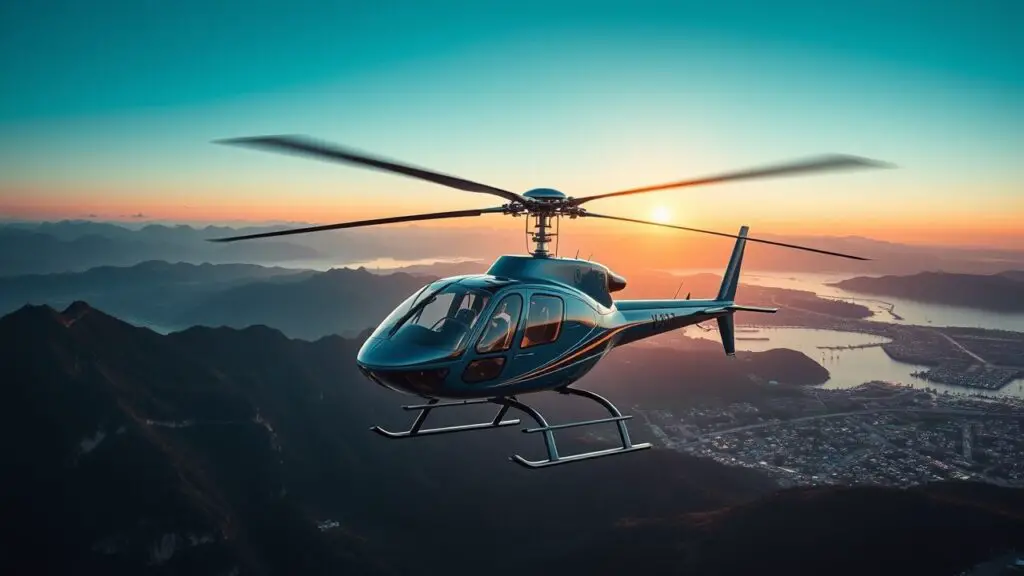
Tips for Finding a Reputable Helicopter Dealer or Seller
When purchasing a helicopter, it’s important to work with a reputable dealer or seller who can provide guidance and support throughout the buying process.
One of the first steps in finding a reputable dealer or seller is conducting thorough research and due diligence.
Look for dealers or sellers with a proven track record of selling high-quality helicopters and providing excellent customer service.
Additionally, seek recommendations from other helicopter owners or industry professionals who can provide insights into reputable dealers or sellers.
It’s also important to consider factors such as warranty coverage, after-sales support, and financing options when evaluating potential dealers or sellers.
A reputable dealer or seller should offer comprehensive warranty coverage on new or pre-owned helicopters and provide ongoing support for maintenance, repairs, and spare parts.
Additionally, they should be able to assist with financing options or leasing arrangements to help facilitate the purchase process.
Buying a helicopter is a significant investment that requires careful consideration of various factors such as type selection.
Budgeting, ongoing costs, maintenance requirements, pilot licensing, insurance considerations, and finding a reputable dealer or seller.
By understanding these key aspects of helicopter ownership, you can make informed decisions and ensure a successful buying experience.
Whether you’re purchasing a helicopter for personal use, corporate transportation, or commercial operations.
It’s important to conduct thorough research and work with experienced professionals who can provide guidance and support throughout the buying process.
With careful planning and attention to detail, you can find the perfect helicopter that meets your needs and provides years of safe and enjoyable flying experiences.
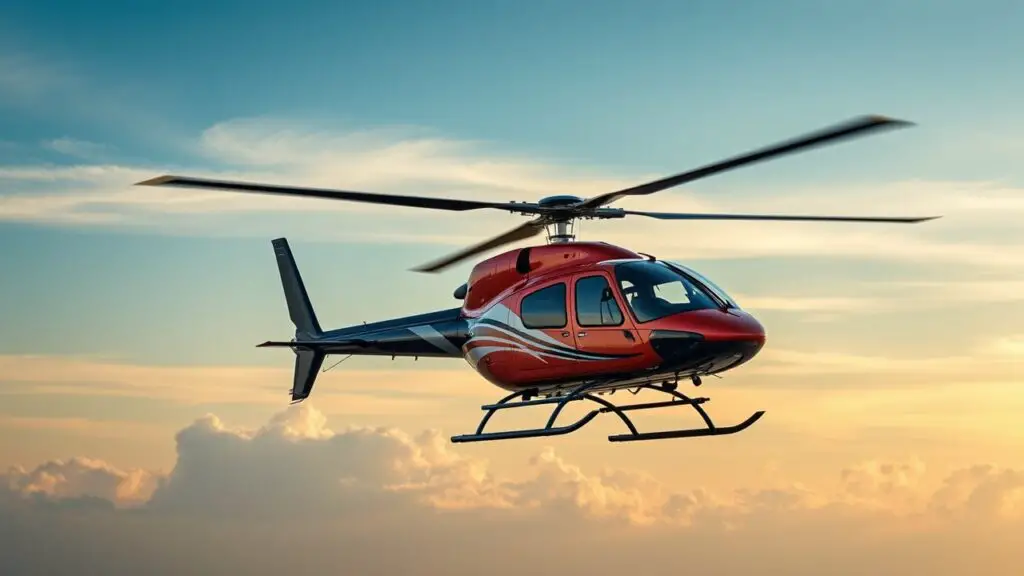
Conclusion
In conclusion, purchasing a helicopter is a multifaceted endeavor that requires careful consideration and thorough research.
From understanding the various types of helicopters available and their specific uses to evaluating the costs associated with acquisition, maintenance, and operation, every aspect demands meticulous attention.
Prospective buyers must also navigate regulatory requirements, secure appropriate financing, and ensure they have access to qualified pilots and maintenance personnel.
What You Need to Know About Buying A Helicopter extends beyond the initial purchase; it encompasses ongoing responsibilities such as adhering to safety standards.
Staying updated with technological advancements, and managing operational logistics.
By approaching this significant investment with a comprehensive understanding of these factors, buyers can make informed decisions that align with their needs and objectives.
Ultimately, owning a helicopter can offer unparalleled convenience, efficiency, and versatility. However, it is essential to approach this venture with diligence and foresight.
By doing so, you can ensure that your investment not only meets your immediate requirements but also provides long-term value and satisfaction.
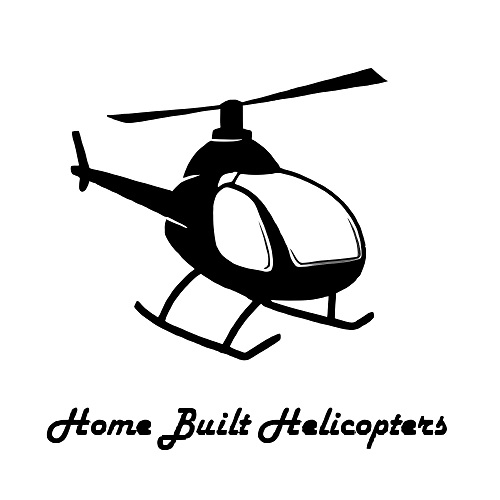

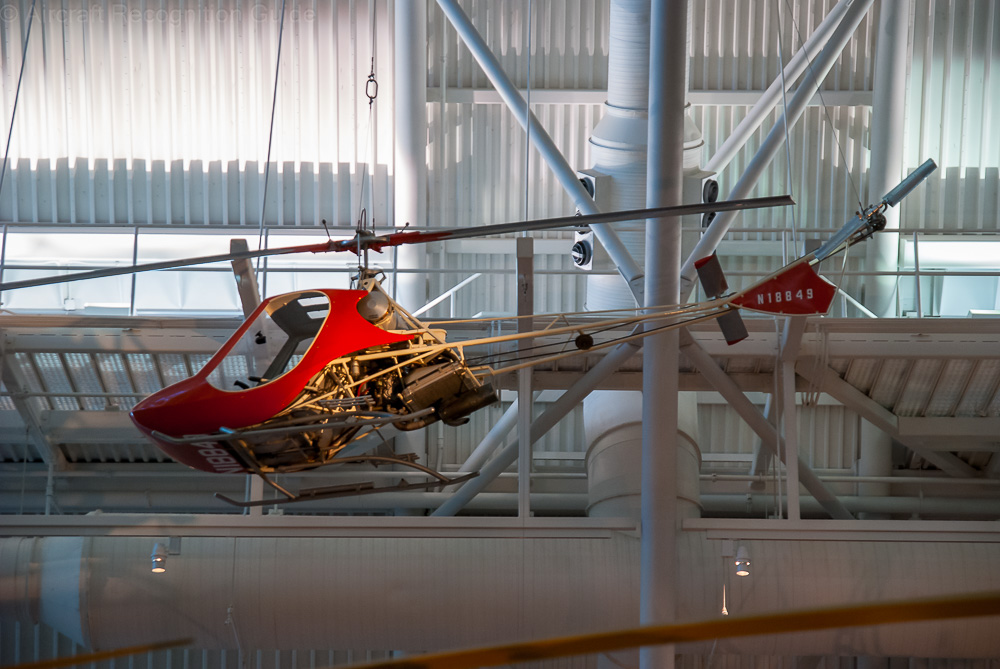


Leave a Reply